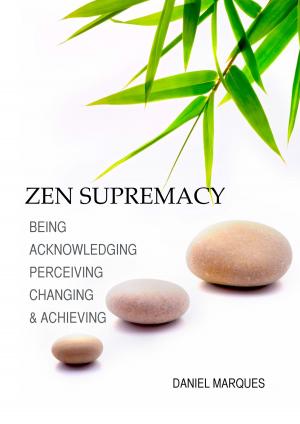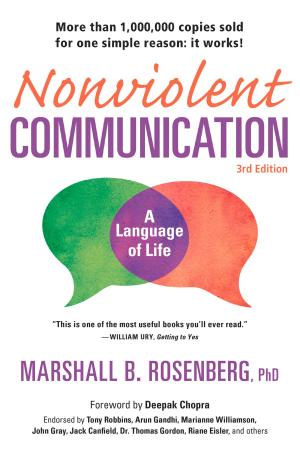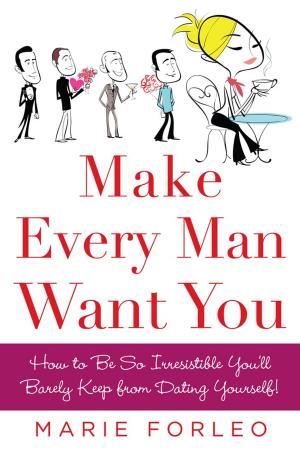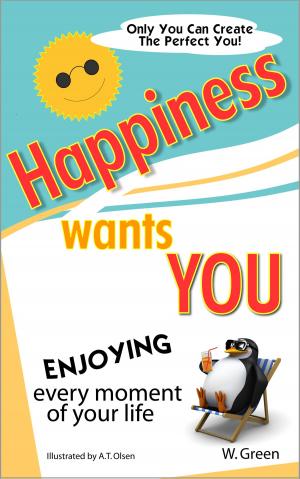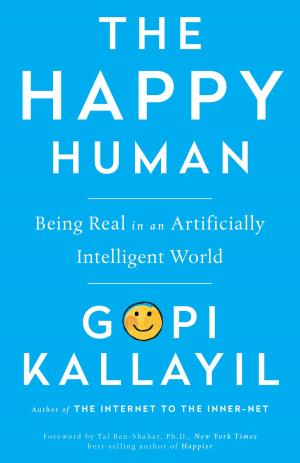The Good, the Bad & the Difference
How to Tell the Right From Wrong in Everyday Situations
Nonfiction, Health & Well Being, Psychology, Interpersonal Relations, Religion & Spirituality, Philosophy, Ethics & Moral Philosophy, Self Help, Self Improvement| Author: | Randy Cohen | ISBN: | 9780385505277 |
| Publisher: | Potter/Ten Speed/Harmony/Rodale | Publication: | April 23, 2002 |
| Imprint: | Harmony | Language: | English |
| Author: | Randy Cohen |
| ISBN: | 9780385505277 |
| Publisher: | Potter/Ten Speed/Harmony/Rodale |
| Publication: | April 23, 2002 |
| Imprint: | Harmony |
| Language: | English |
The man behind the New York Times Magazine’s immensely popular column “The Ethicist”–syndicated in newspapers across the United States and Canada as “Everyday Ethics”–casts an eye on today’s manners and mores with a provocative, thematic collection of advice on how to be good in the real world.
Every week in his column on ethics, Randy Cohen takes on conundrums presented in letters from perplexed people who want to do the right thing (or hope to get away with doing the wrong thing), and responds with a skillful blend of moral authority and humor. Cohen’s wisdom and witticisms have now been collected in The Good, the Bad & the Difference, a collection of his columns as wise and funny as a combination of “Dear Abby,” Plato, and Mel Brooks. The columns are supplemented with second thoughts on (and sometimes complete reversals of) his original replies, follow-up notes on how his advice affected the actions of various letter writers, reactions from readers both pro and con, and observations from such “guest ethicists” as David Eggers and the author’s mom. Each chapter also features an “Ethics Pop Quiz,” and readers will be invited to post their answers on the book’s Web site. The best of them will appear in a future paperback edition of the book.
The Good, the Bad & the Difference is divided into seven sections:
•Civic Life (what we do in public)
•Family Life (what we do at home)
•Social Life (what we do in other people’s homes)
•Commercial Life (what we do in situations where money is a factor)
•Medical Life (the rights and obligations of patients and caregivers)
•Work Life (ethics for the professional sphere)
•School Life (moral questions from and about kids)
Each section provides a window into how we live today, shedding light on the ways in which a more ethical approach to the decisions we make, and to our daily behavior, can make a big difference in how we feel about ourselves tomorrow.
The man behind the New York Times Magazine’s immensely popular column “The Ethicist”–syndicated in newspapers across the United States and Canada as “Everyday Ethics”–casts an eye on today’s manners and mores with a provocative, thematic collection of advice on how to be good in the real world.
Every week in his column on ethics, Randy Cohen takes on conundrums presented in letters from perplexed people who want to do the right thing (or hope to get away with doing the wrong thing), and responds with a skillful blend of moral authority and humor. Cohen’s wisdom and witticisms have now been collected in The Good, the Bad & the Difference, a collection of his columns as wise and funny as a combination of “Dear Abby,” Plato, and Mel Brooks. The columns are supplemented with second thoughts on (and sometimes complete reversals of) his original replies, follow-up notes on how his advice affected the actions of various letter writers, reactions from readers both pro and con, and observations from such “guest ethicists” as David Eggers and the author’s mom. Each chapter also features an “Ethics Pop Quiz,” and readers will be invited to post their answers on the book’s Web site. The best of them will appear in a future paperback edition of the book.
The Good, the Bad & the Difference is divided into seven sections:
•Civic Life (what we do in public)
•Family Life (what we do at home)
•Social Life (what we do in other people’s homes)
•Commercial Life (what we do in situations where money is a factor)
•Medical Life (the rights and obligations of patients and caregivers)
•Work Life (ethics for the professional sphere)
•School Life (moral questions from and about kids)
Each section provides a window into how we live today, shedding light on the ways in which a more ethical approach to the decisions we make, and to our daily behavior, can make a big difference in how we feel about ourselves tomorrow.

